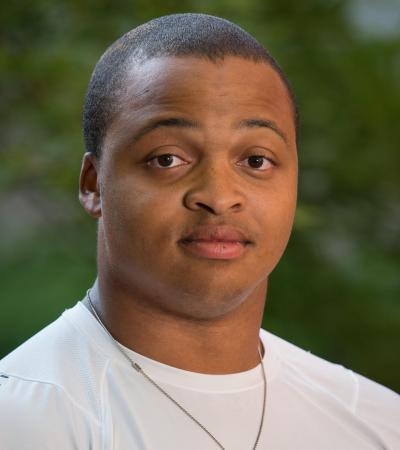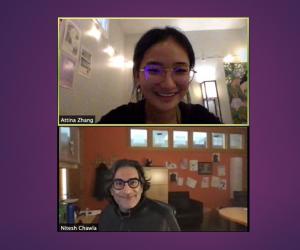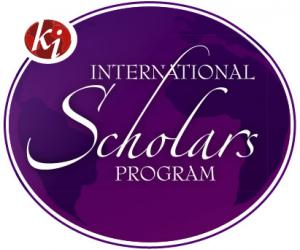This profile was current as of 2021, when he was part of the on-campus Kellogg community.
Under the direction of Professor Ernesto Verdeja, Timothy Burley aided in a pilot study of triggers of mass atrocities by analyzing different mass killing, genocide, and civil war cases within the last century, manually coding them into a dataset by their triggers, and performing inter-coder reliability tests with team members to ensure accuracy in coding procedures.
In the summer of 2019, Burley participated in an NSF Research Experience for Undergraduates at the Notre Dame Center for Research Computing. Under the mentorship of Professor Paul Brenner, Burley’s primary focus was to design a natural language processing workflow for the Genocide Triggers project. The workflow embeds the Stanford CoreNLP software and the PETRARCH2 event coding software to aggregate event data from news articles, sort the data by country and event type, and format it for event coincidence analysis. Through this experience Burley gained insight to different machine learning solutions to be explored in the coming semesters such as neural networks and support vector machines. Burley’s work with machine learning alternatives for the coding procedure has opened doors to a more refined and efficient approach to the Genocide Triggers Project.








